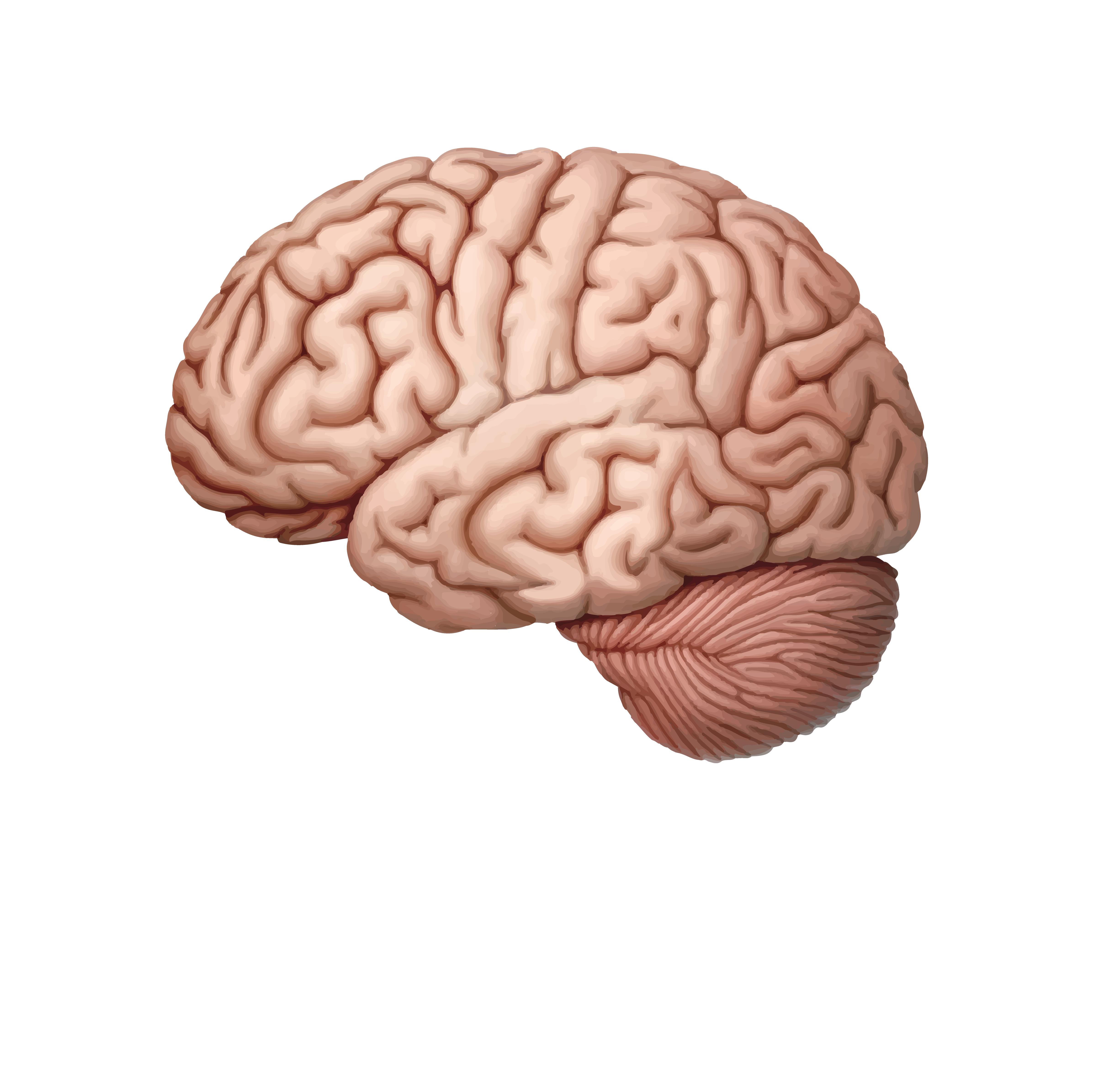Parkinson’s conference counters Israeli boycott Rutgers scientist promotes global research
Thursday, June 23, 2005
By KEVIN COUGHLIN
Star-Ledger Staff
Brain experts from several countries will shuttle between Jerusalem’s Hebrew University and Al-Quds Palestinian University next week to ponder how computers can demystify Parkinson’s disease and drug addiction.
But science is almost an after- thought to Rutgers University neuroscientist Mark Gluck, who has spent three years organizing the three-day affair in Israel as his symbolic answer to a call for the boycott of Israeli scientists.
The boycott movement started in Britain in 2002 to protest Israel’s treatment of Palestinians. More than 120 scientists and researchers from 13 European countries urged a ban on academic and cultural links with Israel in a letter published by the Guardian newspaper in England.
“When the boycott came out, it was like hitting my tribe twice over,” said Gluck, co-director of the Rutgers Memory Disorders Project at Rutgers’ Campus at Newark. “As a Jew with strong feelings for Israel, I felt their pain at being isolated. My other tribe is scientists.”
Gluck, 44, said he hopes to promote international research and forge some new student exchange programs for Rutgers. Al-Quds Palestinian University is co-hosting the conference with Hebrew University.
“From my point of view, this is one of the many small steps needed in order to create a better atmosphere between us and the Palestinians,” said Hebrew University professor Hagai Bergman, via e-mail.
Professors from Al-Quds did not respond to e-mails seeking comment. Presidents of the two schools last month issued a joint statement of cooperation, which angered Palestinian academic unions that support a boycott.
The conference is called “Basal Ganglia, Dopamine and Learning: Integrating Computational and Clinical Perspectives.” It will feature speakers from England’s Cambridge University, from Stanford University in the United States, and from institutions in Canada, France and Jordan.
Gluck, a professor at the Center for Molecular and Behavioral Neuroscience at Rutgers-Newark, raised about $50,000 from the National Institutes of Health, Novartis Pharmaceuticals, the Alafi and Lowenstein foundations, and Hebrew University to stage the June 26-28 event in Jerusalem.
“This was something where I realized I had the wherewithal to make a difference,” said Gluck, a wispy figure who has explored the Amazon, trekked through Nepal and commuted by kayak from New York to Newark. More often, he tools around in a shiny Citroën Traction Avant 15Six — a 1930s art deco-styled car.
Raised by mathematicians and educated at Harvard and Stanford, Gluck has melded a passion for computing with curiosity about memory and learning.
Working with Rutgers colleague Catherine Myers, Gluck devised software for the Navy to diagnose potentially deadly flaws in helicopter gears. With scientists at Columbia University, he is probing long- term effects of cocaine abuse. His eclectic efforts won praise from President Bill Clinton in 1996.
Gluck’s decision to take on the boycott was no surprise to associates.
“More than anybody I know, Mark does not understand the concept of limitations,” said Myers, who edits the newsletter MemoryLossOnline.com and co-authored a textbook with Gluck. “He thinks of a good idea and doesn’t let anything stand in his way.”
A pair of Jewish professors in Britain led the initial calls for a boycott, according to the Jewish Political Studies Review. In April, the British Association of University Teachers voted to cut ties with two Israeli universities. But the move was condemned by many academics as a blow to intellectual discourse and to the Palestinian cause, and the British union reversed itself last month.
Gluck said Israeli scientists have been blocked from international grants and threatened with removal from editorial boards of scientific journals unless they denounce Israeli policies.
An Oxford professor barred a student from his laboratory in 2003 because the student had served in the Israeli military. The prestigious journal Science denounced another scientist’s political refusal to furnish an Israeli referee with materials to verify claims in a scholarly paper.
The Palestinian Campaign for the Academic and Cultural Boycott of Israel counters that Israeli academics tacitly have condoned “criminal oppression” of refugees. Palestinian academics cannot travel freely to pursue their studies, according to this organization, which notes that academics around the world boycotted South Africa under apartheid.
“The boycott is a morally sound means of struggle that challenges the world to force Israeli compliance with international law,” wrote Omar Barghouti and Lisa Taraki, founders of the Palestinian boycott campaign, in an article outlining their strategy.
U.S. backers of the conference are downplaying geopolitics.
“The advantage we see is primarily in establishing a clinical network of Parkinson’s patients around the world,” said Emmeline Edwards of the National Institute of Neurological Disorders and Stroke, part of the National Institutes of Health.
The conference offers global experts a chance to compare notes on using computer simulations to understand how Parkinson’s disease affects a section of the brain called the basal ganglia. That, in turn, could shed light on drug addiction, said David Shurtleff of the National Institute on Drug Abuse.
Parkinson’s disease involves a loss of neurons that transmit the chemical dopamine. Addictive drugs like methamphetamines — known as crystal meth, ice or speed — are toxic to dopamine neurons and could impair learning and memory in ways similar to Parkinson’s, Shurtleff said.
Kevin Coughlin covers technology. He can be reached at kcoughlin@starledger.com or (973) 392-1763.
